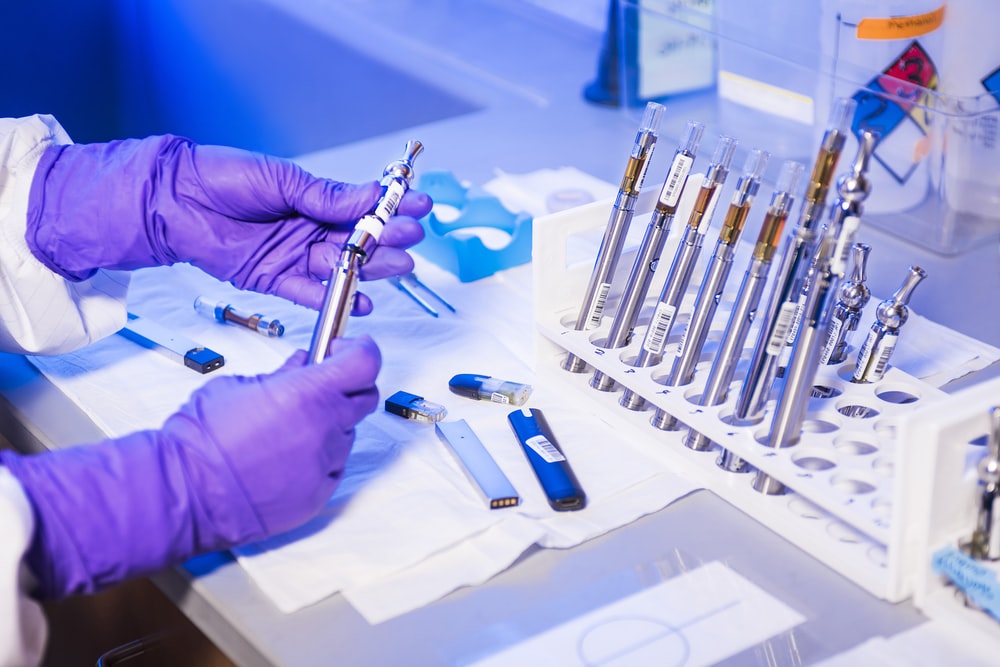Tech enabled healthcare services have become increasingly popular. Especially during the COVID-19 pandemic, digital infrastructure played a crucial role in delivering quick access to healthcare facilities. Strengthening digital healthcare systems and managing core infrastructure to support digital healthcare eco systems has become the primary objectives of the Ayushman Bharat Digital Mission (ABDM) initiative spearheaded by the National Health Authority.
An e-diagnostic center is an online, digitally facilitated platform, which with the help of technology provides diagnostic services to customers. Although diagnostics constitutes an important sector in the healthcare market, it largely remains unregulated. With patients increasingly relying on these diagnostic platforms, it is imperative to have in place a solid framework which stipulates the standards for operation. A large amount of patient data is also made available to e-diagnostic companies and in the absence of any regulatory framework concerning health data, it is important to have guidelines on how these platforms can access and process patient centric data.
India’s response to new and emerging technologies has been to encourage self-regulation in key areas where technologies are increasingly being deployed. For example, the highly contested Information Technology (Intermediary Guidelines and Digital Media Ethics Code) Rules, 2021 provides for industry oriented self-regulatory associations to ensure stakeholders comply with the rules.
The Federation of Indian Chambers of Commerce and Industry (FICCI) has released a self- regulatory code of conduct for e-diagnostics in India[1] (“Code”), with the view to secure a safe experience to consumers. Any e-diagnostic platform that provides clinical sample collection, processing and reporting and report delivery services to consumers, can voluntarily submit themselves to follow the code of conduct.
A few standards that the Code lays down are worth noting:
- E-diagnostic platforms should list the details, accreditation, address of the laboratories they are associated with for purposes of providing services.
- Consumers must be made aware of the expected time to receive the test results. In case there is any delay in generating reports, then there must be documented processes to inform the consumers about such delay.
- Platforms that provide aggregation services must ensure the laboratories on their portals have NABL/NABH/ CAP or similar accreditation.
- Platforms shall define SOPs around patient identification, sample collection, transportation, storage, and safe disposal of material used in collection, and ensure that the concerned personnel follow them. Documented procedures and necessary instructions shall be available in a language commonly understood by the concerned personnel.
- Phlebotomists who are integral to diagnostics in India, must be trained regularly.
- Regular audits and processes must be in place to ensure quality is maintained. Technical standards must be adhered to while utilizing the equipment used in various operations.
- Report of the tests must be generated by the medical laboratory that was involved in sample processing.
- Clear identification and location of laboratory issuing the report, its name and the time and date of sample collection must be recorded and released at the time of generating the report.
- An active grievance redressal mechanism to assist customers with grievances must be in place.
- Records of complaints and investigations conducted must be made available for a period of 12 months.
- The Code also specifies that all platforms adhering to the code must be registered with the National Consumer Helpline.
The Code has addressed issues of transparency and accountability at critical stages such as collection of samples till the report generation stage. Many e-diagnostic platforms do not discuss their affiliation with various medical laboratories and many a times patients are unsure about where and how their samples are being processed. The Code also emphasis on how the platforms must adhere to the committed timelines in providing services to the consumer.
However, the Code merely provides a one-liner on how members must adhere to applicable laws and regulations in processing consumer data. Patient data is critical and integral to e-diagnostic platforms and the Code could have provided for more guidelines on how such patient data should be responsibly stored and processed.
In the absence of a regulatory framework that lays down specific standards to regulate platforms that undertake digital diagnostic services, this Code provides a route map to industry stakeholders to evaluate and reconsider their practices.



